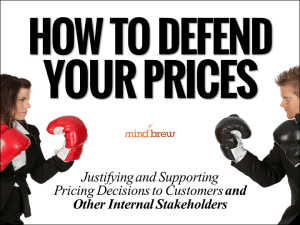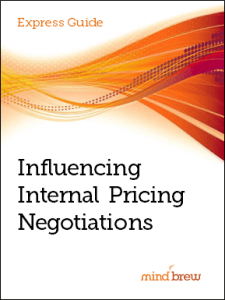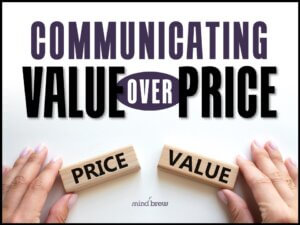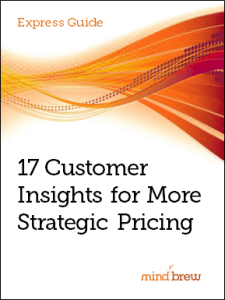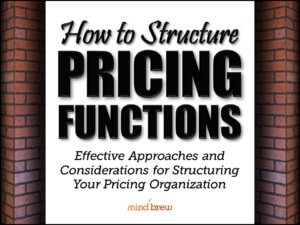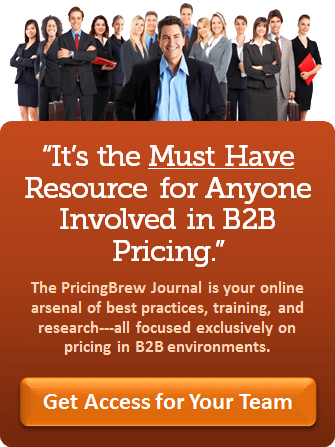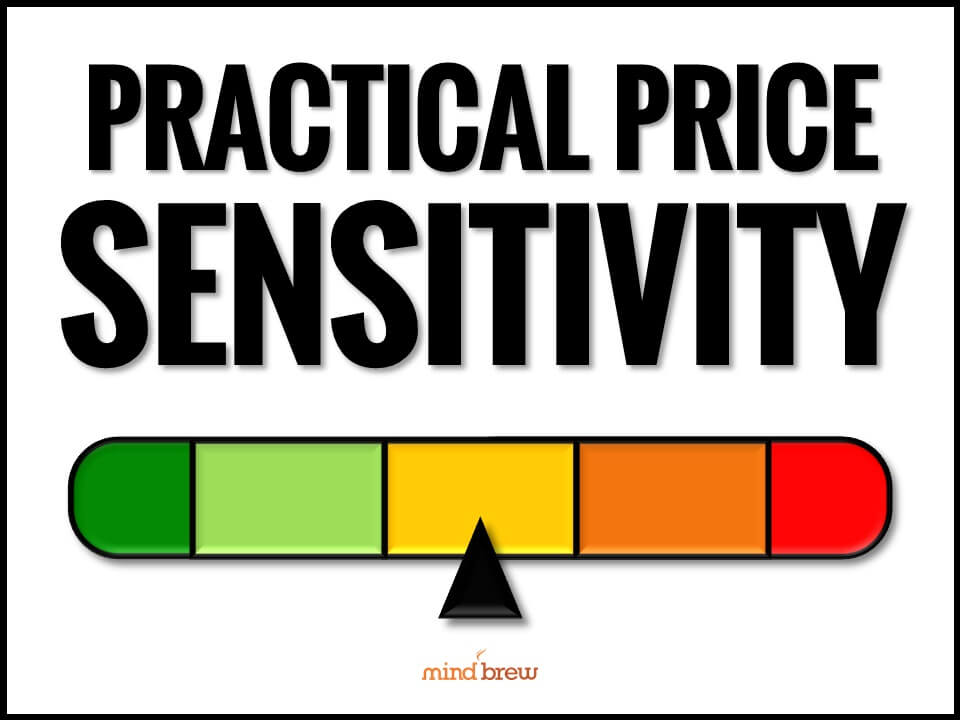We’re taught from an early age that compromise is the right way to end an argument. But compromising isn’t always the right thing to do — especially when it comes to pricing.
Imagine that two people are arguing about what 2 + 2 equals. One of them says six. The other person insists that it’s four. They argue back and forth for a long time, but neither can convince the other. Finally, exhausted, they agree to the obvious compromise: they’ll say 2 + 2 = 5.
The problem here is that they are wrong!
In situations where there is a right or wrong answer, compromise often isn’t a good idea. And believe it or not, pricing is an area where there is a right or a wrong answer.
The right price is the one that maximizes company profits. It convinces the highest number of customers to buy for the highest price possible. It’s the “sweet spot” that perfectly balances sales and margins.
The wrong price is anything else. If you go a little higher, you’ll probably see dropping sales. If you go a little lower, you’ll be leaving money on the table.
Often, B2B sales and pricing teams get into “discussions” that are a little like that 2 + 2 argument. One side (usually pricing) wants prices to be a little higher, and the other side (usually sales) wants prices to be a little lower.
In this scenario, it’s tempting to just compromise.
But while splitting the difference might end the conflict, it won’t yield the best possible results for the company.
If pricing has done its job well (and we’re sure you have because, after all, you have all these PricingBrew resources to help you), you should know the right price. (And if you don’t have the exact right price, you should be darn close to it.)
In this situation, compromise isn’t the answer. If you give in to sales, yes, they’ll probably like you a little better — for a while. But in the long term, letting sales get away with offering the wrong prices isn’t going to be good for the company. And when margins get squeezed — as they inevitably will — pricing will get blamed for causing the problem.
Instead, stand up for what you know to be right. It takes courage, and it might cause your reputation to take a hit in the short term. If you’re playing the long game, however, insisting on the right price will be best for your reputation, your career, and your company.
We know, we know, standing up for your prices is easier said than done. But we have some tools that can help. The webinar How to Defend Your Prices explains how to eliminate the debate before it begins and offers some tried and true tactics that other teams have used to convince internal stakeholders that their pricing recommendations were correct.
You should also check out the express guide Influencing Internal Pricing Negotiations. It offers ten different strategies that you can start using today to win more internal pricing battles.
It’s sometimes said that a good compromise is one that leaves no one happy. We’d prefer to think that the only good compromise is the one that leads to the best result — and that should make everyone happy.

